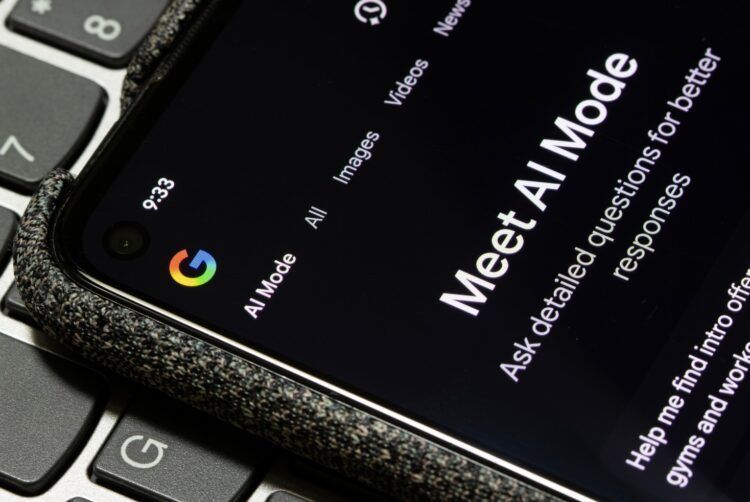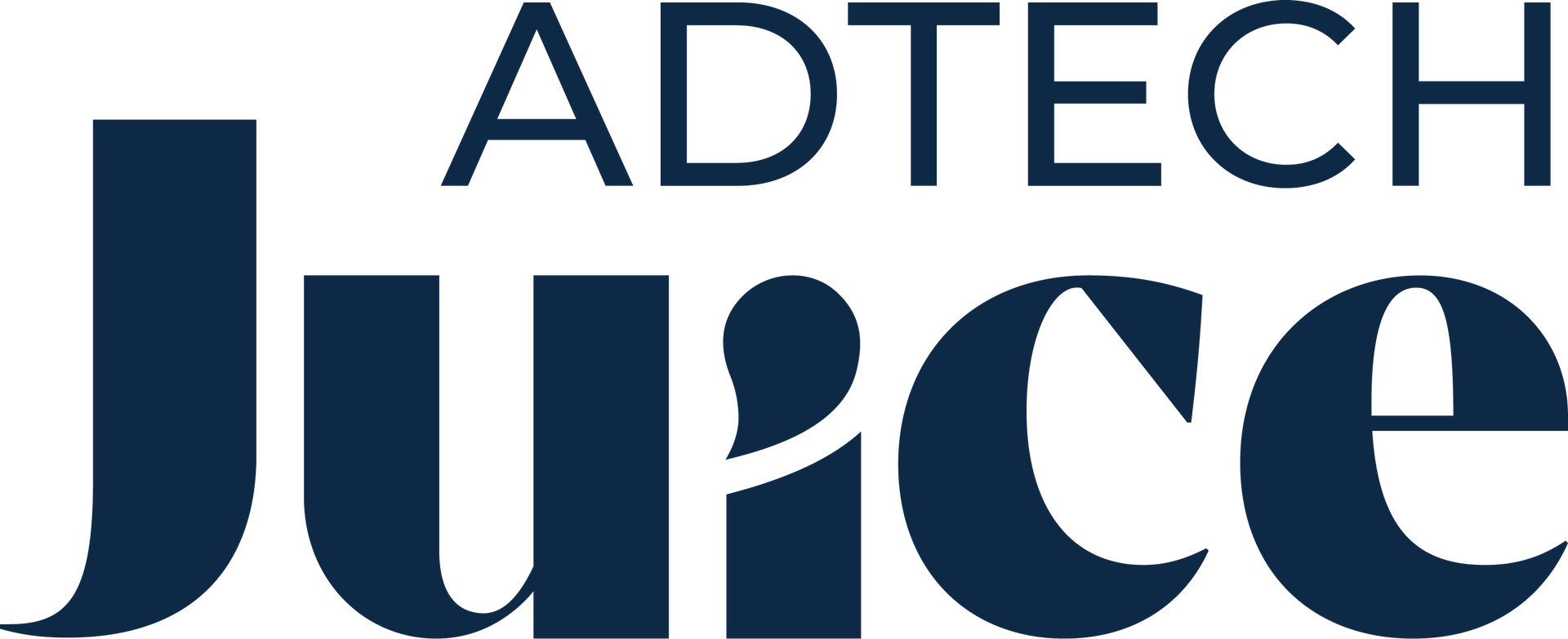PPA asks CMA to require greater transparency of Google’s AI search features

The Professional Publishers Association (PPA) has submitted a letter to the UK Competition Markets Authority (CMA) asking that it introduce and enforce conduct requirements for Google and other nascent AI search platforms.
These include transparency reporting on AI bot crawling which distinguishes between crawling conducted for search indexing versus for the creation of Google’s AI Overviews or AI Mode. The PPA is also suggesting the CMA require Google to give transparency reporting in Search Console to show where and when publisher content appears in AI Mode and AI Overviews.
Further requests include requiring greater transparency over acquisition sources in Google Analytics and requiring clear attribution and functional linking when publisher content is used in AI search tools. Such conduct requirements, the PPA argues, would help to “support more competitive conditions in Google Search and Ad Services”.
Lack of visibility directly impacting business
The lack of transparency over how AI platforms are indexing information has caused alarm from both publishers and marketers, who have been unable to understand how their brands are showing up in AI search.
To meet client demands, media agencies including Jellyfish, Havas Media Network and others have begun to develop third-party tools that seek to fill the information gap. “The lack of visibility over AI [Overviews] and AI Mode performance has direct business impacts,” the PPA’s request reads.
“Publishers are having to make strategic decisions on resource allocation, investment, and product development without knowing whether their content is driving traffic, being consumed entirely within AI [Overviews], or being used to power competing information services.”
Notably, there is currently no way for publishers to “opt out” of being crawled by Google for use in their generative AI products without blocking their website from Google search results altogether. The opacity from Google comes after the UK government declined to include an amendment in its Data (Use and Access) Bill that would have required AI companies declare their use of copyrighted material. This was despite a months-long unified lobbying effort from UK publishers and artists.
While the PPA is primarily requesting greater transparency, publishers are facing an “existential” challenge in the new era of AI search because fewer users have been found to click on links to their webpages. As the PPA notes in their letter to the CMA, publishers have reported a “decoupling” between search ranking and click-through rates (CTR), indicating an increase in zero-click search since AI
Overviews were introduced to the UK market last year. “Publishers have reported significant declines in click-through rates despite holding or improving search rankings,” the PPA revealed. “In some cases, CTR has dropped by 10–25% year-on-year, with many editorial brands including automotive and lifestyle publishers recording double-digit declines.”
Google has disputed such claims from publishers — which are consistent with numerous third-party studies — without providing specific evidence to the contrary.
Head of Search Liz Reid claimed in a blog post this month that third-party reports on referral traffic “inaccurately suggest dramatic declines in aggregate traffic — often based on flawed methodologies, isolated examples or traffic changes that occurred prior to the roll-out of AI features in search”.
Reid also claimed that publishers in fact benefit from AI search because consumers are providing more “quality clicks”. In its letter to the CMA, the PPA noted Google “has not published data that would substantiate its assertions”, arguing that its position “remains unconvincing compared to the mass of transparent studies that point to an existentially damaging decline in search traffic for publishers, caused by Google’s use of its dominant position to exert and extent its power in the AI space”.
The requested conduct requirements, the PPA argued, would at least allow publishes to “assess the impact not only on the scale of traffic but also on the quality of visits originating from Google”.
Also published in: The Media Leader



